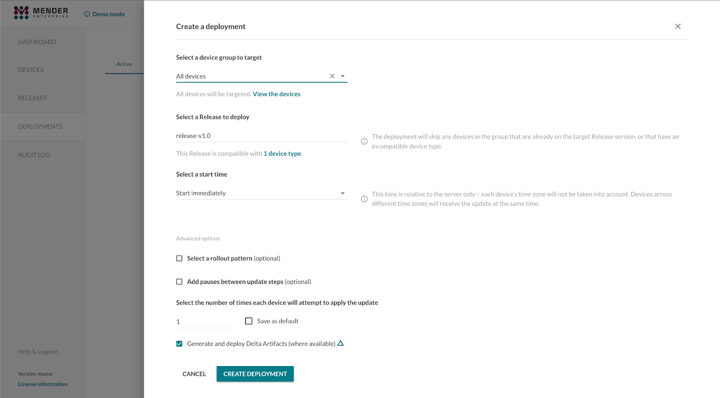Category
All
Transforming business: It’s “All On” for the future of IoT
Insights from CES 2024 Billed as “the most powerful tech event in the world,” CES 2024 brought together more than 135 thousand attendees and four thousand
|
5 min read
Full speed ahead: The software-defined vehicle of the future
Distinguished panelists discuss infotainment and entertainment services for the software-defined vehicle. Automotive OEMs must innovate to move towards a s
|
5 min read
The Future of the Embedded Linux Ecosystem
Insights from the Linux Plumbers Conference 2023 The global Linux market is forecasted to reach $15.64 trillion by 2027, and commands usage among nearly ha
|
5 min read
Software-defined vehicles: an ecosystem approach & OTA strategy
Learn how the automotive industry is shifting towards software-defined vehicles with an ecosystem approach and OTA strategy, embracing open source solutions for innovation and efficiency.
|
5 min read
CVE-2022-45929 & CVE-2022-41324 — Improper access control for low-privileged users
We recently discovered vulnerabilities in Mender Enterprise which relate to access control. Low-privileged read-only users had access to editing settings they were not supposed to edit and see potentially sensitive information which was not necessary.
|
2 min read
Mender 3.6: Auto-generation of delta updates
Mender 3.6 is released, including all the features published on Hosted Mender in the last few months as part of our continuous development and rolling rele
|
7 min read
Enhancing mobility and safety for citizens: a smarter power wheelchair can increase the user's independence and real-world technology inclusion
Users of conventional power wheelchairs can face some significant challenges, including avoiding collisions, drop-offs, and tips. Kevin Lannen, Senior Embe
|
3 min read
4 challenges to ensure seamless OTA updates across smart vehicle fleets
Explore the challenges faced by automakers in ensuring seamless OTA updates across smart vehicle fleets. Learn how to overcome safety, cybersecurity, compliance, and bandwidth issues effectively.
|
6 min read
Driving Towards the Future: The Role of OTA Updates in Autonomous Vehicles
With the rise of autonomous vehicles, the automotive industry is experiencing a monumental transformation. As stated on Forbes, “Embarking on this industri
|
3 min read






